What is Saffron?
Saffron benefits and medical considerations will be reviewed in this article from ecofarma.
Saffron – Unveiling the Elixir, often hailed as the “golden spice,” is a treasure trove of flavor, fragrance, and medicinal properties. Derived from the Crocus sativus flower, saffron boasts a rich history spanning centuries and is revered worldwide for its distinct taste and aroma Renowned for its deep scarlet stigma.
saffron is handpicked with meticulous care before sun rise and, Each Saffron flower yields only a few delicate strands adding to its exclusivity and allure and making it one of the most expensive spices. Beyond its culinary applications, saffron holds a special place in traditional medicine.
Its active compounds, including crocin and safranal, are believed to possess antioxidant properties and may offer a myriad of health benefits, from mood enhancement to improved cognition. In the culinary realm, saffron is a prized ingredient in various cuisines, imparting a vibrant hue and distinctive flavor to dishes ranging from risottos to desserts.
Despite its small stature, Saffron’s impact is far-reaching, tantalizing taste buds and enriching cultures across the globe. Whether enjoyed as a culinary delight or cherished for its therapeutic properties, saffron remains a symbol of luxury and vitality.
Literally Saffron is derived from the Persian word Za’ffaran [zæfɛran], which it is also derived from the older word ZarParan [zærpɛran]. In ancient Persian, Zar means gold and Paran means petals and the phrase means golden petals. this originate from Persian is because of saffron provenance; The ancient territory of Iran; include parts of today Afghanistan, Tajikistan, Turkmenistan and Turkey.
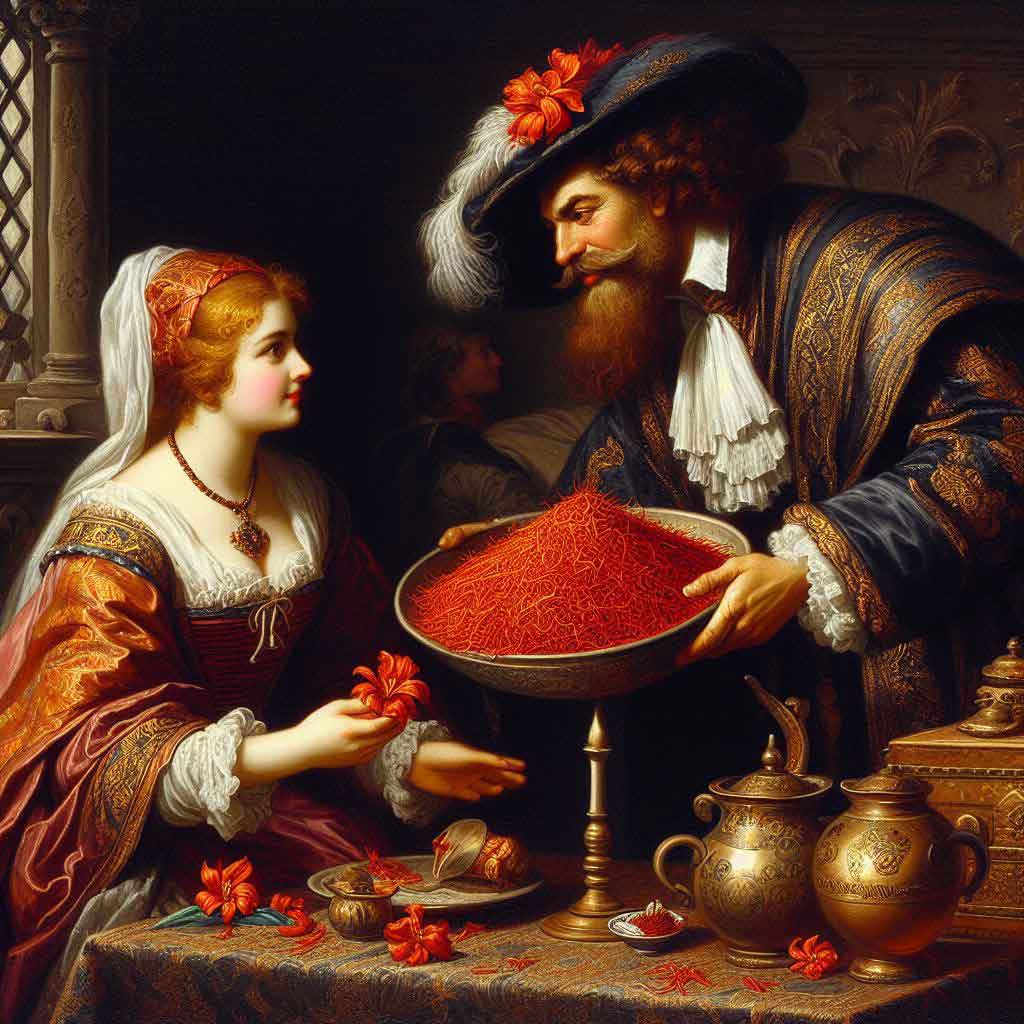
How to use Saffron?
May be sometimes even seen in cooking TV shows that saffron is not used properly. Note tha1t the power of Saffron’s taste and aroma is properly released when its beautiful and small threads are well ground and turned into powder.
Therefore, in order to be able to take advantage of the taste, aroma and properties of saffron in the best way, it must first be ground into powder, then pour a small amount of boiling water on this powder and let it infuse for 5 minutes until its magical extract through this method of extracting saffron. Then you can use it to improve the taste, color and smell of food, tea, sweets or any other food.
Note that using the Saffron’s stigmas without doing this process will not bring you the best results.
Saffron benefits and medical considerations
In addition to strong taste of Saffron, it is also known as one of the herbal plants. Some of its known advantageous benefits are as follows;
Benefit
Antioxidant Properties
Saffron contains compounds like crocin and safranal, which exhibit potent antioxidant activity, protecting cells from oxidative stress and damage. (Reference: Bathaie SZ, Mousavi SZ. New applications and mechanisms of action of saffron and its important ingredients. Crit Rev Food Sci Nutr. 2010 Oct;50(9):761-86.)
Mood Enhancement
Research suggests that saffron may have antidepressant effects, potentially alleviating symptoms of mild to moderate depression. (Reference: Hausenblas HA, Saha D, Dubyak PJ, Anton SD. Saffron (Crocus sativus L.) and major depressive disorder: a meta-analysis of randomized clinical trials. J Integr Med. 2013 Nov;11(6):377-83.)
Improved Cognitive Function
Some studies indicate that saffron supplementation could enhance cognitive function and memory in adults, potentially offering neuroprotective effects against age-related cognitive decline. (Reference: Pitsikas N, Zisopoulou S, Tarantilis PA, Kanakis CD, Polissiou MG, Sakellaridis N. Effects of the active constituents of Crocus sativus L., crocins on recognition and spatial rats’ memory. Behav Brain Res. 2007 Feb 5;183(2):141-6.)
Anti-Inflammatory Effects
Compounds found in saffron may possess anti-inflammatory properties, which could help reduce inflammation and alleviate symptoms of inflammatory conditions such as arthritis. (Reference: Mollazadeh H, Emami SA, Hosseinzadeh H. Razi’s Al-Hawi and saffron (Crocus sativus): a review. Iran J Basic Med Sci. 2015 Nov;18(11):1153-66.)
Cardiovascular Health
Saffron consumption may contribute to cardiovascular health by improving blood lipid profiles, reducing cholesterol levels, and promoting heart health. (Reference: Shafiee M, Arekhi S, Omranzadeh A, Sahebkar A. Saffron in the treatment of cardiovascular diseases: a systematic review and meta-analysis. J Cell Physiol. 2019 Apr;234(4):3345-55.)
Potential Cancer Prevention
Some studies suggest that saffron and its bioactive compounds may possess anticancer properties, inhibiting the growth of cancer cells and reducing the risk of certain types of cancer. (Reference: Amin A, Hamza AA, Bajbouj K, Ashraf SS, Daoud S. Saffron: A potential candidate for a novel anticancer drug against hepatocellular carcinoma. Hepatology. 2011 Aug;54(2):857-67.)
Improved Eye Health
Saffron contains carotenoids like crocin, which may help protect retinal cells and support overall eye health, potentially reducing the risk of age-related macular degeneration. (Reference: Fernández-Albarral JA, Ramírez AI, de Hoz R, López-Cuenca I, Salobrar-García E, López-García A, Rojas P, Ramirez JM, Salazar JJ, Triviño A, Ramírez JM. Neuroprotective and anti-inflammatory effects of a hydrophilic saffron extract in a model of glaucoma. Int J Mol Sci. 2019 Mar 15;20(6):1335.)
Menstrual Relief
Saffron has been traditionally used to alleviate symptoms of premenstrual syndrome (PMS) and menstrual cramps, offering natural relief for women’s health issues. (Reference: Kashani L, Raisi F, Saroukhani S, Sohrabi H, Modabbernia A, Nasehi AA, Jamshidi A, Ashrafi M, Mansouri P, Ghaeli P, Akhondzadeh S. Saffron for treatment of fluoxetine-induced sexual dysfunction in women: randomized double-blind placebo-controlled study. Hum Psychopharmacol. 2013 Jan;28(1):54-60.)
Weight Management
Preliminary studies suggest that saffron supplementation may help regulate appetite, reduce food intake, and contribute to weight management efforts, potentially aiding in weight loss. (Reference: Gout B, Bourges C, Paineau-Dubreuil S. Satiereal, a Crocus sativus L extract, reduces snacking and increases satiety in a randomized placebo-controlled study of mildly overweight, healthy women. Nutr Res. 2010 May;30(5):305-13.)
Skin Radiance
The antioxidant properties of saffron may also extend to skincare, promoting radiant skin by combating free radical damage and supporting skin health from within. (Reference: Gupta VK, Malhotra S. Pharmacological attribute of saffron (Crocus sativus L.): a review. Indian J Nat Prod Resour. 2010 Jun;1(2):115-21.)
While these benefits are promising, it’s essential to consult with a healthcare professional before incorporating saffron into your diet or supplementation regimen, especially if you have any underlying health conditions or are pregnant or breastfeeding.
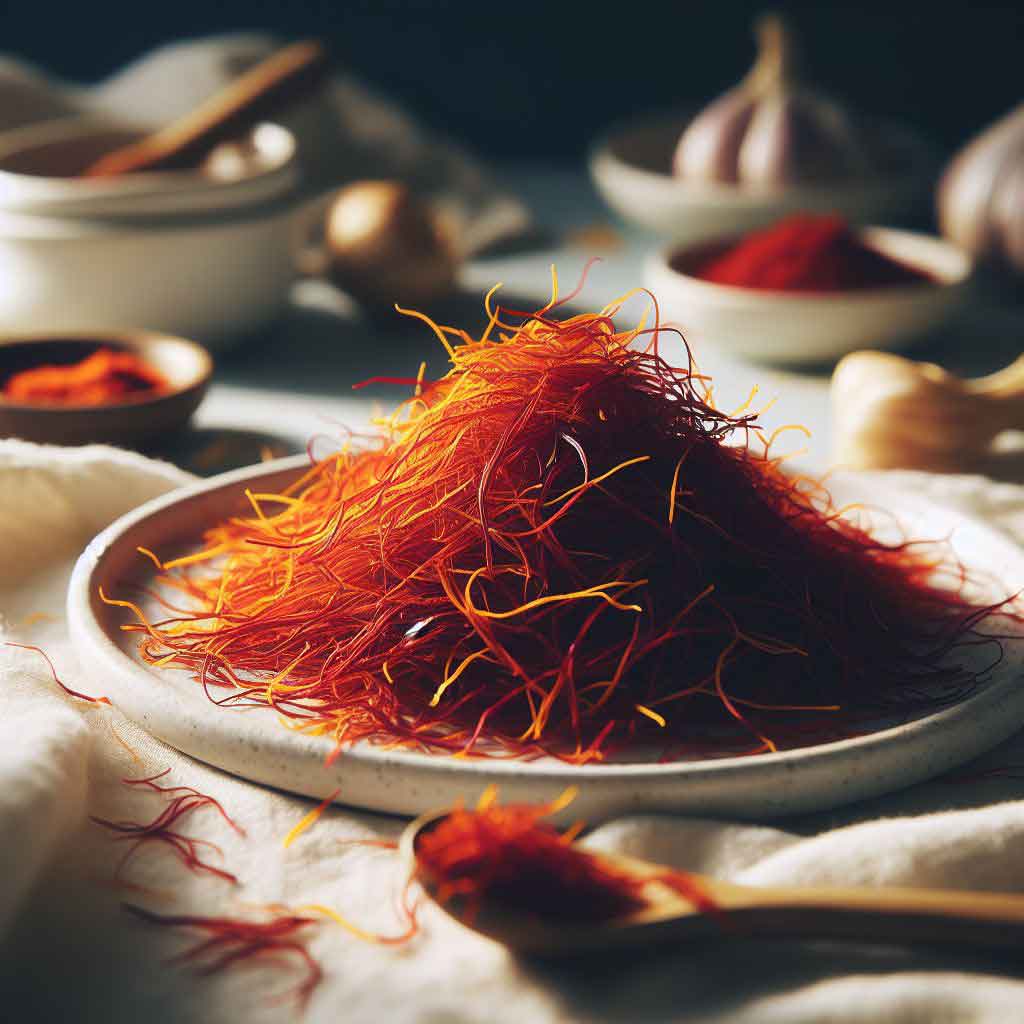
Medical considerations
Like any other herbal product such as spices and seeds, the correct consumption of saffron should be observed. Improper consumption of saffron may cause or aggravate the following side effects;
Allergic Reactions
Rarely seen Some individuals may experience allergic reactions to saffron, including itching, rash, or respiratory symptoms. It’s crucial to be cautious when consuming saffron, especially if you have known allergies to related plants like the iris family. (Reference: Bolhassani A, Khavari A, Bathaie SZ. Saffron and natural carotenoids: Biochemical activities and anti-tumor effects. Biochim Biophys Acta. 2014 Nov;1845(1):20-30.)
Pregnancy and Breastfeeding
Consumption of saffron, especially high doses, is prohibited during pregnancy and breastfeeding. Pregnant and breastfeeding women should exercise caution when consuming saffron due to limited research on its safety during these periods. High doses of saffron may stimulate uterine contractions and should be avoided to prevent potential complications (Reference: Khoradmehr A, Salari S, Pirhadi M, Nabipour I. Saffron (Crocus sativus) in the prevention and treatment of premenstrual syndrome: A systematic review. Tehran Univ Med J. 2018;76(10):654-61.)
Blood Pressure Regulation
Saffron may lower blood pressure, so individuals with hypotension should monitor their blood pressure closely when consuming saffron supplements or large quantities of saffron-infused dishes. (Reference: Modaghegh MH, Shahabian M, Esmaeili HA, Rajbai O, Hosseinzadeh H. Safety evaluation of saffron (Crocus sativus) tablets in healthy volunteers. Phytomedicine. 2008 Sep;15(12):1032-7.)
Drug Interactions
Unconventional use of Saffron may interact with certain medications, including antidepressants, anticoagulants, and sedatives. Consultation with a healthcare provider is advisable before combining saffron with any prescription or over-the-counter medications. (Reference: Moshiri M, Vahabzadeh M, Hosseinzadeh H. Clinical Applications of Saffron (Crocus sativus) and its Constituents: A Review. Drug Res (Stuttg). 2015 Sep;65(6):287-95.)
Saffron Toxicity
Ingesting Overconsumption of saffron may lead to saffron toxicity, characterized by symptoms such as nausea, vomiting, dizziness, and even potential organ damage in severe cases. Proper dosage and moderation are essential when using saffron as a culinary spice or supplement. (Reference: Abdullaev FI. Cancer chemopreventive and tumoricidal properties of saffron (Crocus sativus L.). Exp Biol Med (Maywood). 2002 Jan;227(1):20-5.)
Diabetes Management
Saffron may lower blood sugar levels, potentially interacting with diabetes medications and affecting glucose control. Individuals with diabetes should monitor their blood sugar levels closely when incorporating saffron into their diet or supplementation routine. (Reference: Imenshahidi M, Hosseinzadeh H, Javadpour Y. Hypotensive effect of aqueous saffron extract (Crocus sativus L.) and its constituents, safranal and crocin, in normotensive and hypertensive rats. Phytother Res. 2010 Jun;24(6):990-4.)
Saffron Adulteration
Adulteration of saffron with other substances is not uncommon, posing potential health risks and diminishing its therapeutic efficacy. It’s advisable to purchase saffron from reputable sources to ensure authenticity and quality. (Reference: Bathaie SZ, Mousavi SZ. New applications and mechanisms of action of saffron and its important ingredients. Crit Rev Food Sci Nutr. 2010 Oct;50(9):761-86.)
Understanding these medical considerations is crucial for safe and informed use of saffron in culinary and medicinal contexts. It’s advisable to consult with a healthcare professional before incorporating saffron into your diet or supplementation regimen, especially if you have any underlying health conditions or are taking medications.
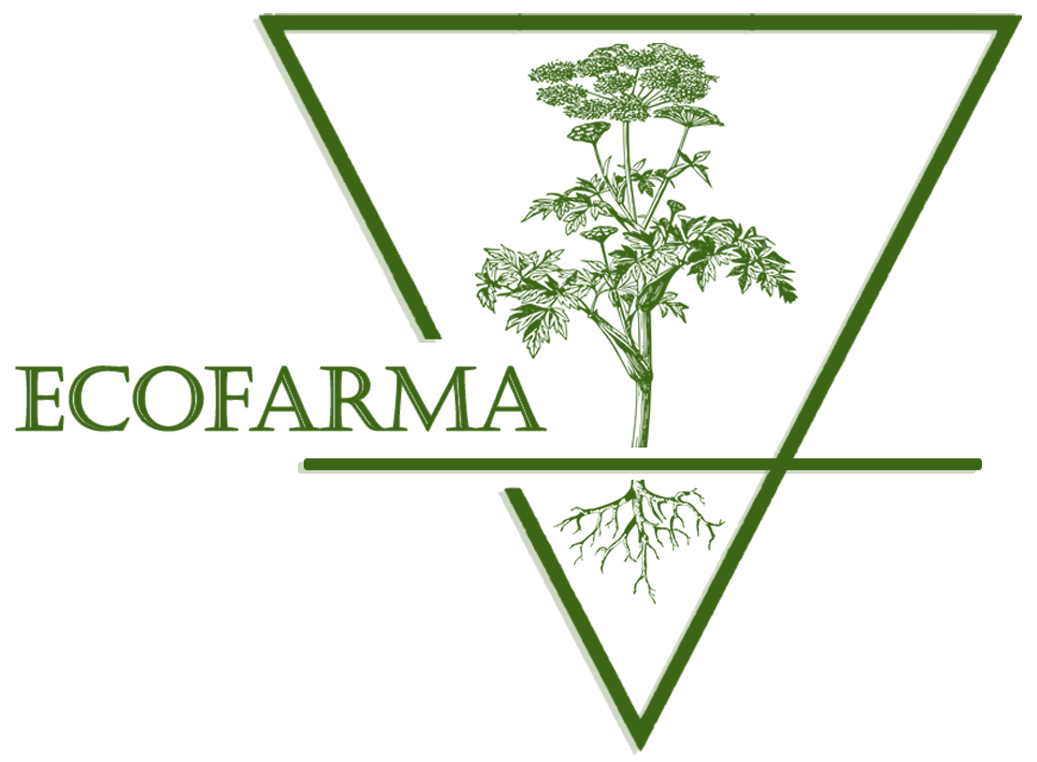
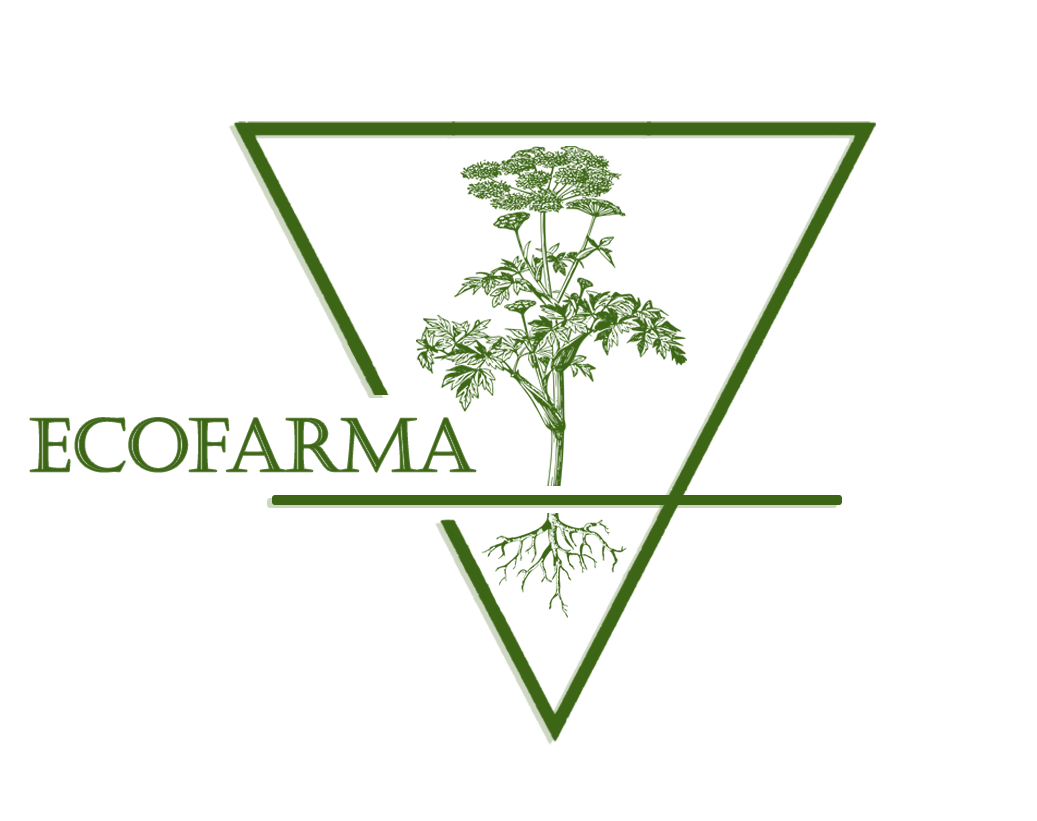
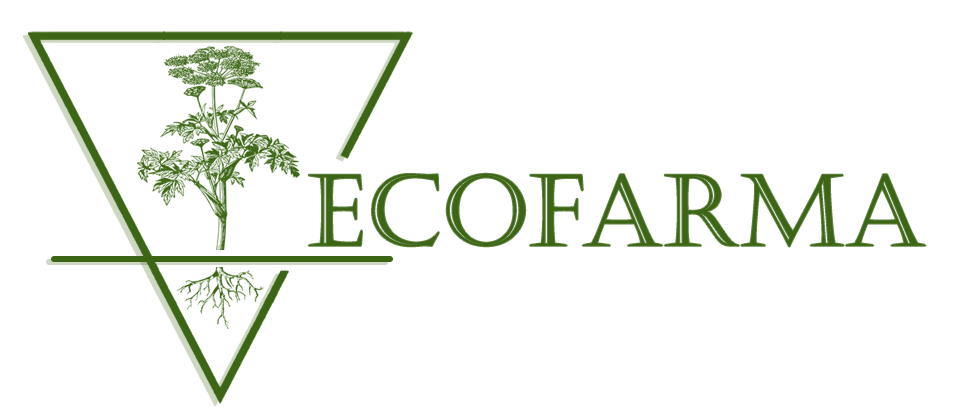
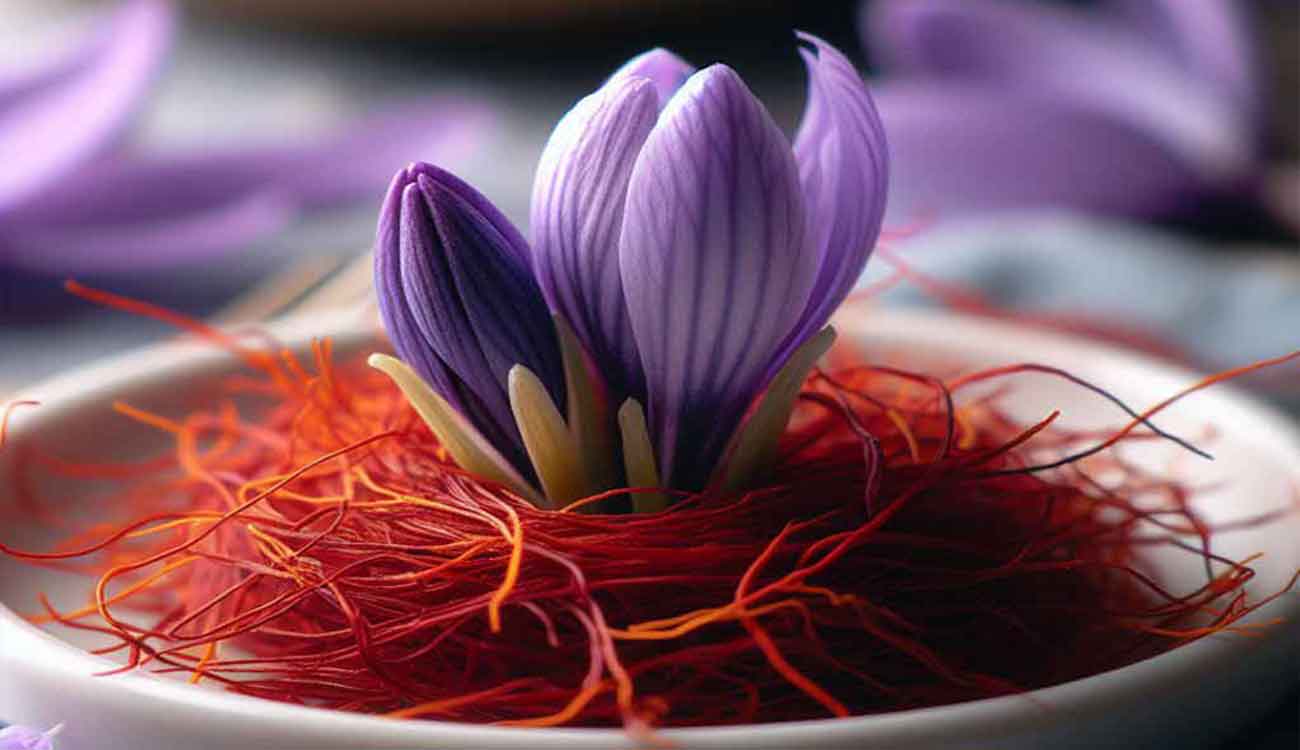


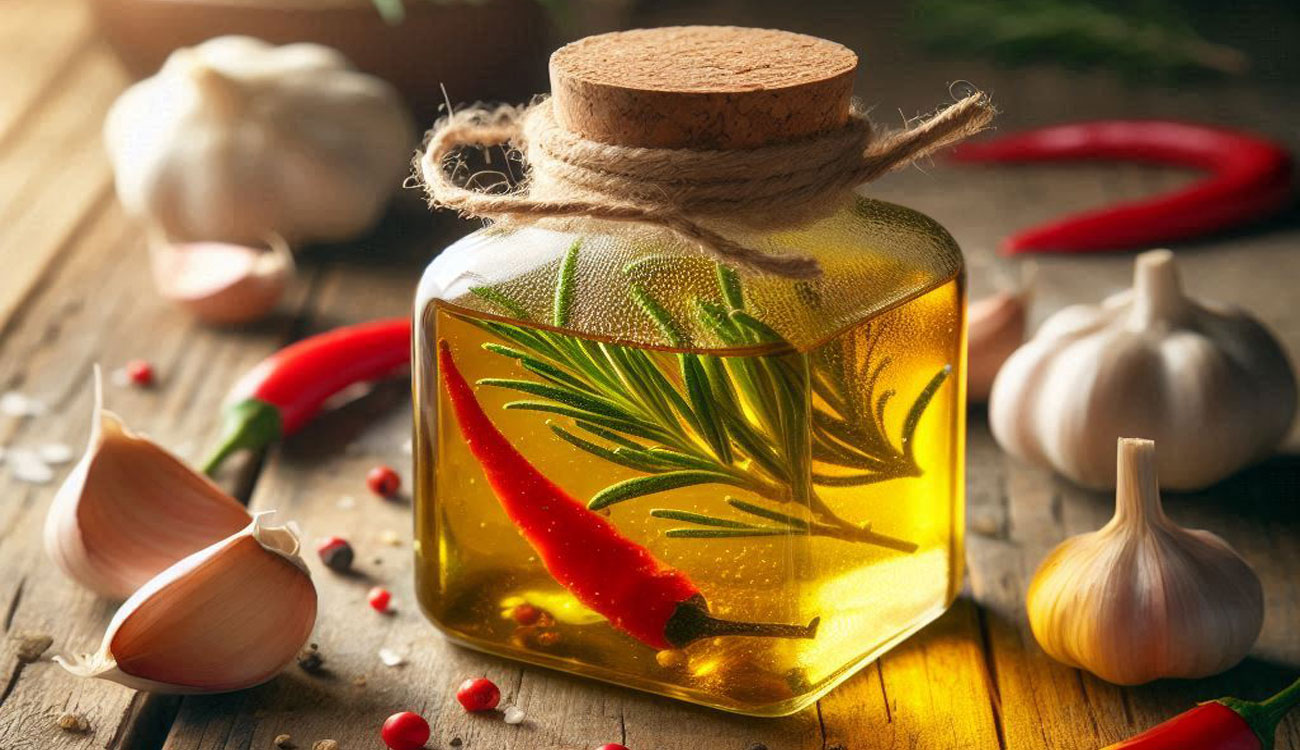
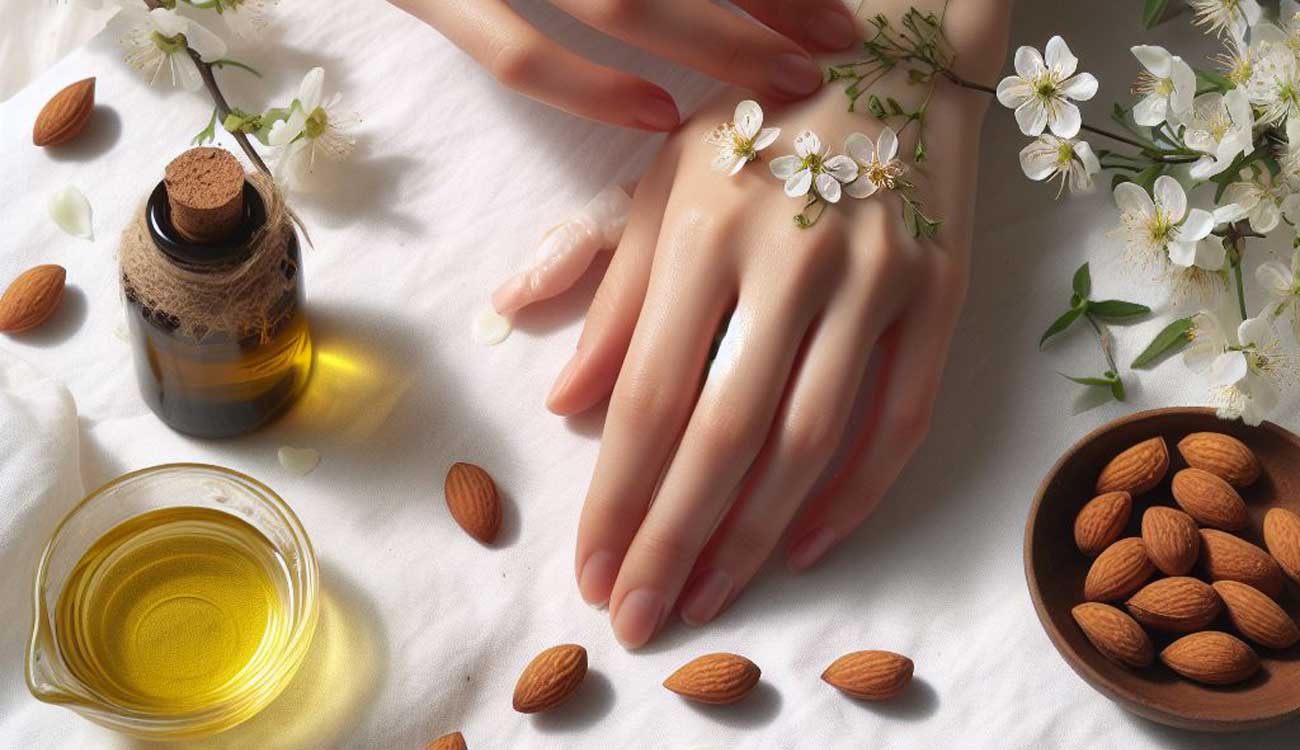
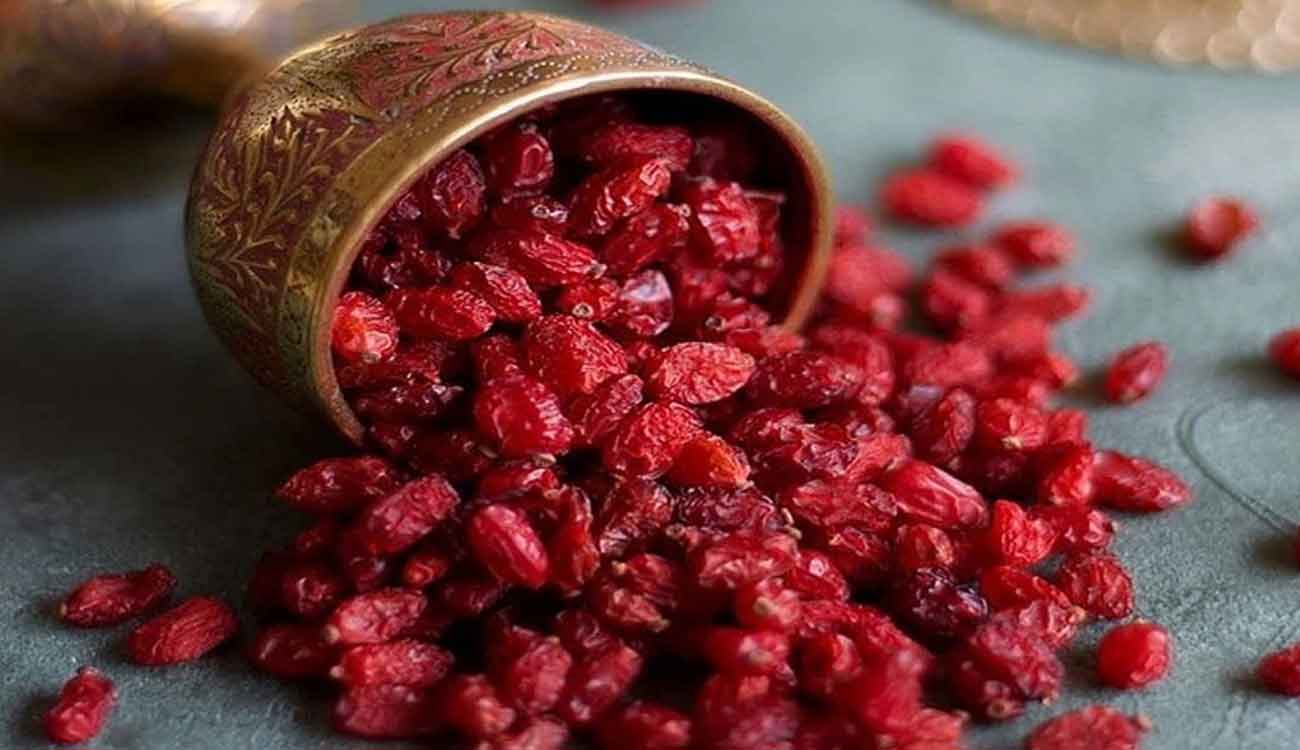
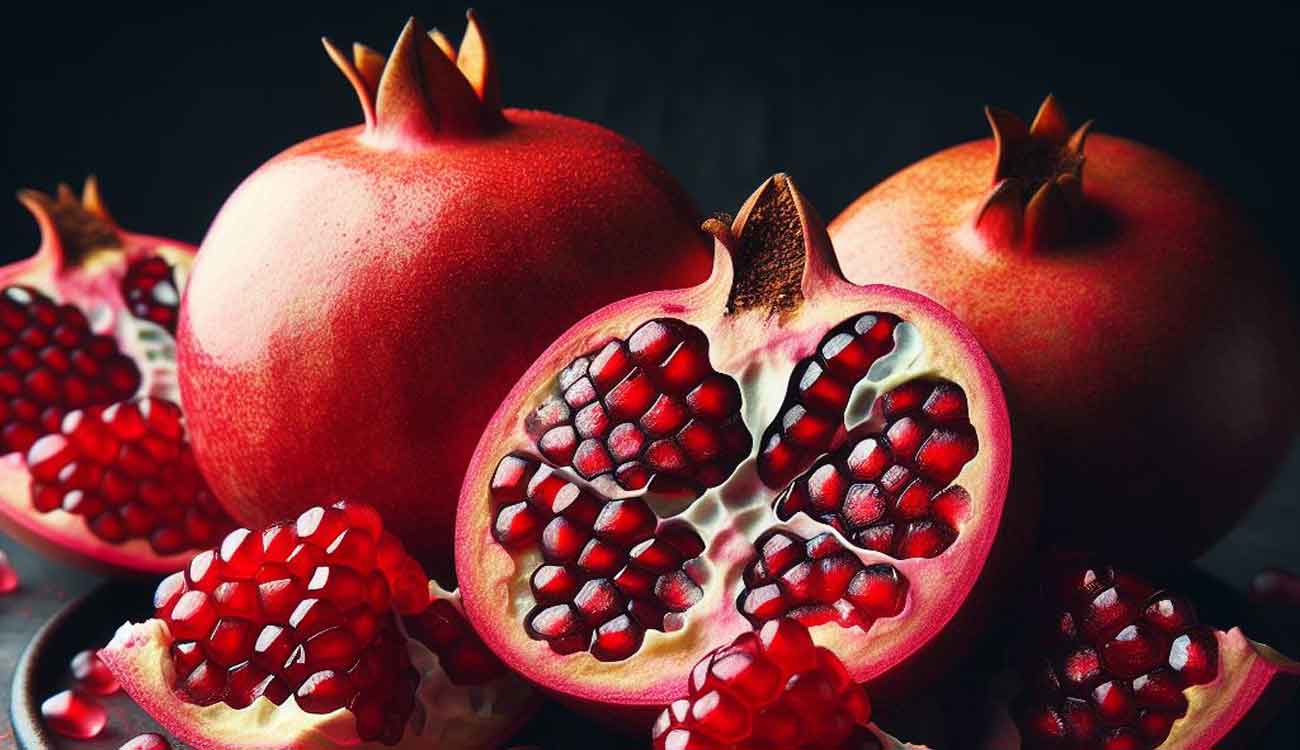
Leave a comment